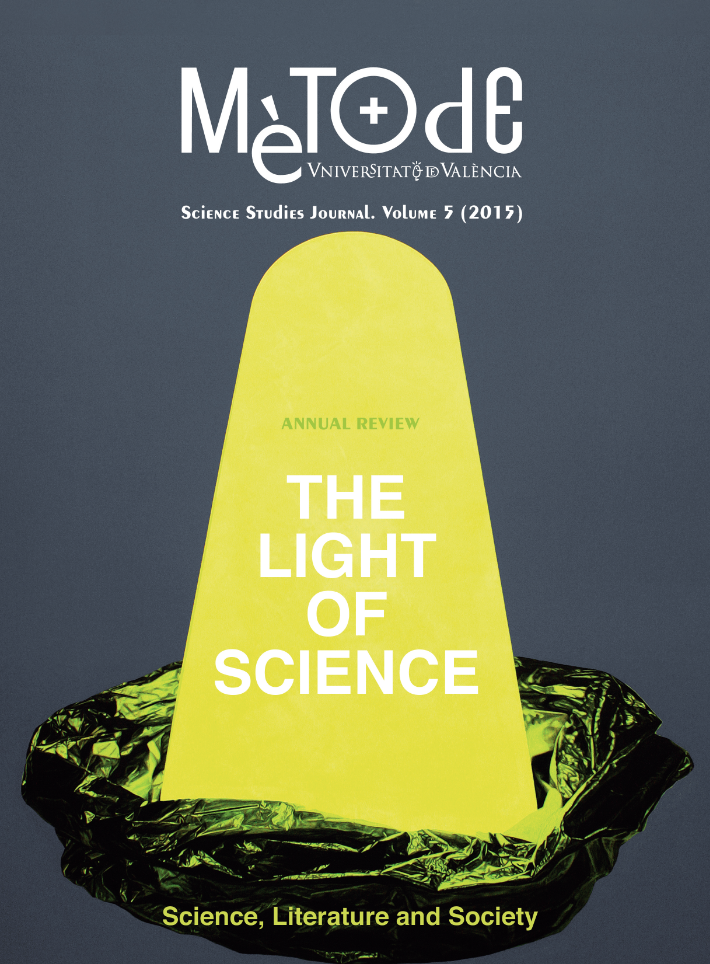Poe: A scientist at heart: The history of science fiction
DOI:
https://doi.org/10.7203/metode.0.3480Keywords:
Poe, science, science fiction, literature Abstract
Abstract
When we talk about the origins of science fiction and literature, the names Herbert G. Wells or Jules Verne immediately come to mind, indeed these prolific late nineteenth-century authors inspired later generations. However, few take account of Edgar Allan Poe, an author from the beginning of that century who inspired the aforementioned authors. In fact, if Verne and Wells were the fathers of science fiction, then Poe was undoubtedly the grandfather.
 Downloads
Downloads
 References
References
Beaver, H. (ed.), 1976. The Science Fiction of Edgar Allan Poe. Penguin Books. Harmondsworth.
Mabbott, T. O., 2000. Edgar Allan Poe, Tales & Sketches. University of Illinois Press. Chicago.
Poe, E. A., 2009. The Complete Works of Edgar Allan Poe Cosimo. New York.
Quinn, A. H. and S. Rosenheim, 1998 [1941]. Edgar Allan Poe: A Critical Biography. Johns Hopkins UP. Baltimore.
Shaw, R., 1988. The Ragged Astronauts. Baen. New York.
Vincelette, E., 2008. «Beauty, Truth and the World: the Prophecy and Theology of Poe’s “Eureka”». E. A. Poe Review, IX(2): 36-54.
Walsh, L., 2006. Sins Against Science: the Scientific Media Hoaxes of Poe, Twain, and Others. State University of New York. Albany.
Downloads
Published
How to Cite
-
Abstract1144
-
PDF (Català)333
-
PDF (Español)310
-
PDF227
Issue
Section
License
![]()
All the documents in the OJS platform are open access and property of their respective authors.
Authors publishing in the journal agree to the following terms:
- Authors keep the rights and guarantee Metode Science Studies Journal the right to be the first publication of the document, licensed under a Creative Commons Attribution-NonCommercial-NoDerivatives 4.0 International License that allows others to share the work with an acknowledgement of authorship and publication in the journal.
- Authors are allowed and encouraged to spread their work through electronic means using personal or institutional websites (institutional open archives, personal websites or professional and academic networks profiles) once the text has been published.





